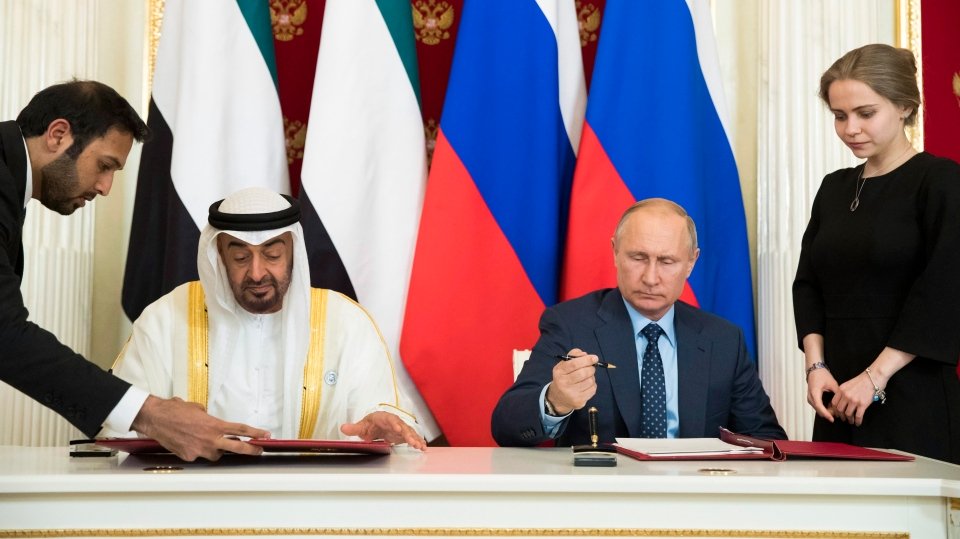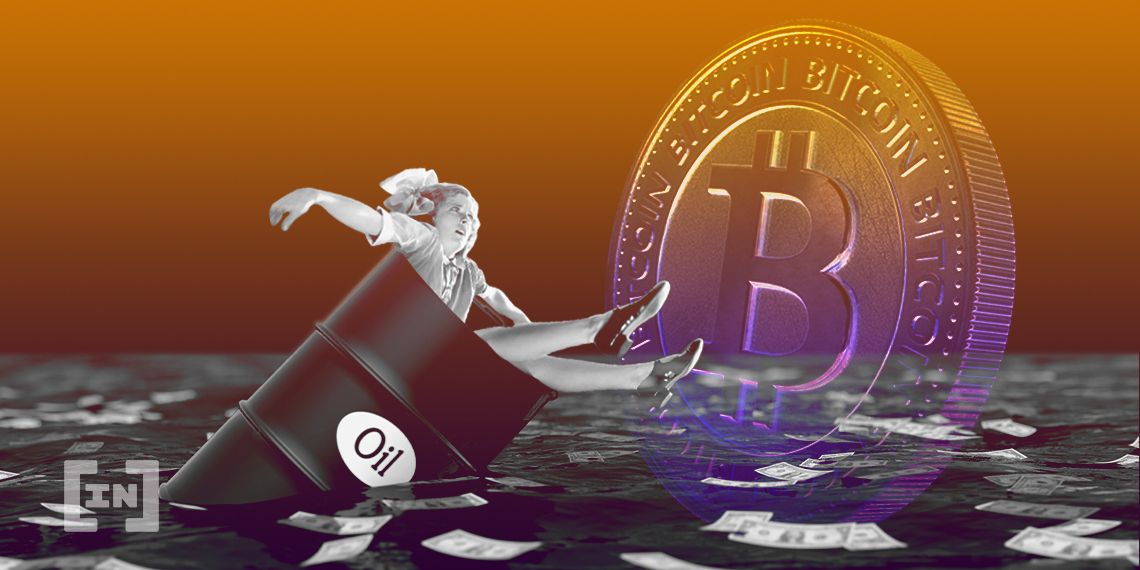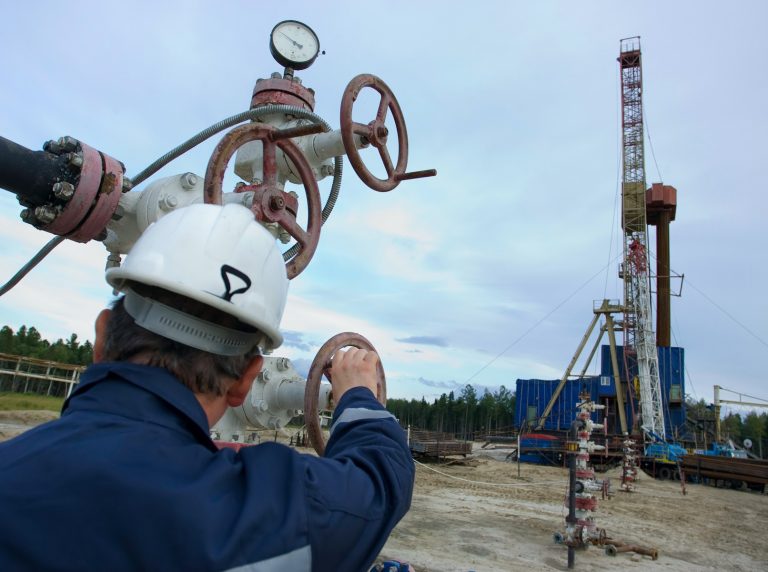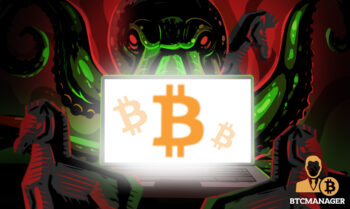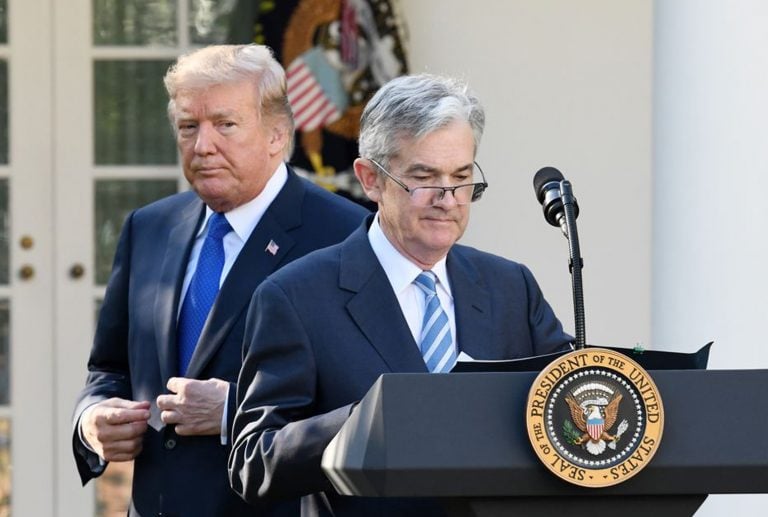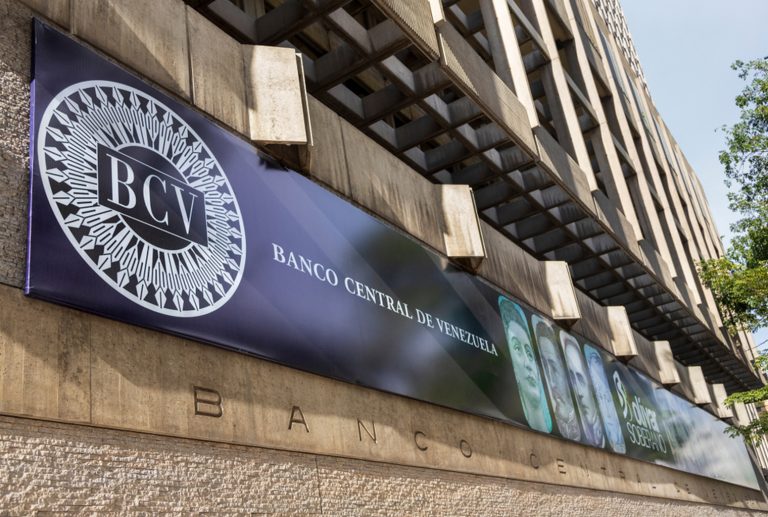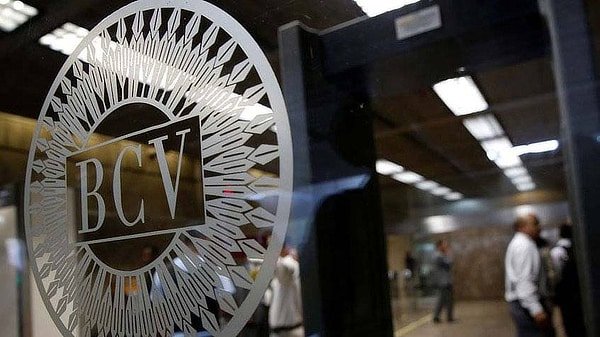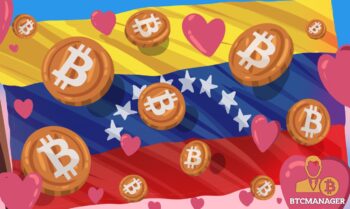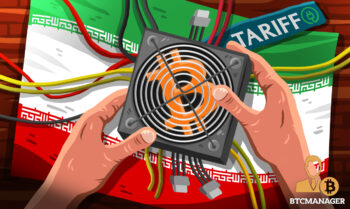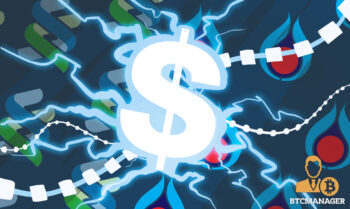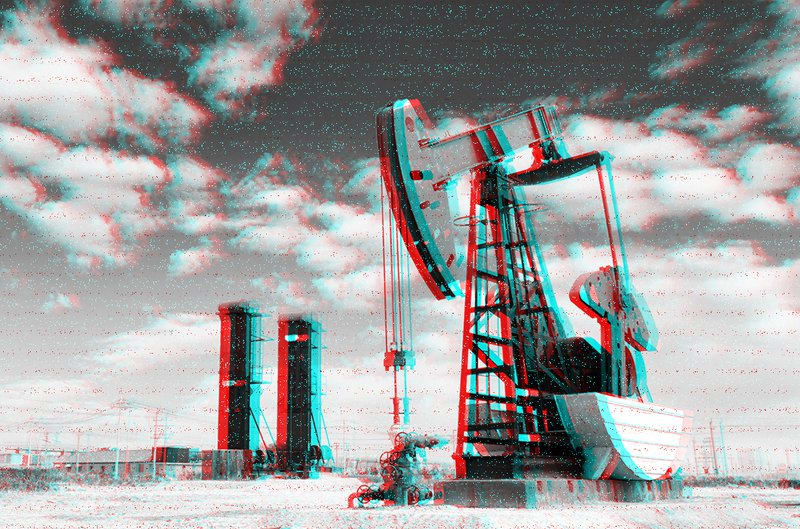
2022-3-13 11:30 |
Discussing the latest macroeconomic developments as they relate to Bitcoin, including oil prices and market misconceptions.
Watch This Episode On YouTube
Listen To This Episode:
AppleSpotifyGoogleLibsynOvercastIn this episode of Bitcoin Magazine’s “Fed Watch” podcast, CK and I welcomed a special guest, Luke Gromen. Gromen is founder and president of Forest For The Trees (FFTT), LLC, where he provides clients with macro insights and investible analysis of the global financial system. In this wide-ranging conversation, we dove deeply into Russia, gold, oil, the shadow banking system, bonds — you name it, we probably talked about it on the episode.
“Fed Watch” is a podcast for people interested in central bank current events and how Bitcoin will integrate or replace aspects of the aging financial system. To understand how bitcoin will become global money, we must first understand what’s happening now.
Common Misperceptions Of The MarketWe started off the show (after an awkward intro by me that CK rescued) with Gromen giving a summary of his model for viewing the current economic landscape. He pointed to two widely-held misconceptions that have created the situation in which we find ourselves: One, the value of the petrodollar is the dollar, instead of the petro; and two, thinking that debt doesn’t matter. These are things people believe, but are in reality the opposite.
I tried to clarify the origins of these misconceptions, but did so badly. I believe that those misconceptions are due to the system in which they arose. In the long history of the post-WWII era, however, they were not misconceptions. The value was in the dollar of the petrodollar and U.S. debt didn’t matter. They only became wrong as this era is ending. So, what I was wondering was, did these misconceptions cause the end of the era or did the end of the era cause the misconceptions to become wrong?
Achilles’ Heel Of The Dollar SystemIn this part of the podcast, Gromen dove deeper into the tweet that prompted this interview, about Russia perhaps weaponizing gold, and as a response, the U.S. weaponizing bitcoin.
There is a fragile gold market out there of unallocated gold trading, centered on the LBMA and COMEX. Gromen’s contention is that if Russia wanted to, it could simply declare that it will sell oil for gold and that could crash these markets and instantly transform gold’s market cap to a size able to handle the world's financial clearing.
According to Gromen’s interesting thought experiment, this move toward a petro-gold standard would lead to fewer U.S. securities being held in national reserves around the world and lead to a multi-currency trade network.
Dollar Is Rising, Not FallingOne of the things we could expect, if the theory about a multi-currency future was correct, is for the dollar index (DXY) to fall relative to other currencies. However, over the last couple of weeks, the dollar has exploded higher, reaching 99.4, the highest since May 2020. It is a level of strength the dollar has only achieved for a few months in the last five years, mainly during that brief period in early 2020.
The dollar's strength is risingSo, I asked Gromen if he is surprised by the dollar strength. He said:
“I’m not surprised that DXY rose, because it’s been the funding currency, it has the giant eurodollar system where you got dollar-denominated loans. So, anytime you get economic stress the DXY is going to rise. With that said, the dollar has collapsed against oil.”
What Are The Practical Next Steps For The Financial Reset?It has been our position on “Fed Watch” for almost a year that the Corona Financial Crisis will likely be followed by a second European debt crisis, just like what followed the Great Financial Crisis (GFC). It is predictable because of the way money, reserves and credit flow like a tide around the world. We’ve also said that Europe is the sick man of the world financially. It will be a wonder if the euro and the EU survive the coming debt crisis. Now, it seems they also have to survive a physical threat to their carefully-crafted reasons for existence.
Anyway, it is our position that the euro will face existential issues long before the dollar does. We asked Gromen what his insight is into that dynamic. He has a very nuanced process of what the next steps are and did an excellent job detailing how the contagion in energy and commodities will spread to European banks and then to American banks. As the contagion spreads to stocks, which drive marginal spending and marginal tax receipts in the U.S., Gromen said, we will ultimately see it spread to U.S. sovereign debt.
As tax receipts drop and the U.S. faces a government funding crisis, the U.S. will turn to the Federal Reserve and insist it starts quantitative easing (QE) again, because it is its only practical choice. Gromen said this manifests itself with a return to central bank easing with still very high inflation.
What If Oil Falls From Here?Next, we covered the possibility (which I think is the most likely to happen), that Ukraine is wrapped up much sooner than everyone thinks and doesn’t result in a quagmire. In that case, energy would start flowing again from Russia but also the market will have overreacted and brought more U.S., Venezuelan, Iranian and perhaps even OPEC production online. That could quickly flip the crisis from an oil shortage to an oil glut. We must remember to place this price spike in the context of two years ago, when oil futures went negative. Just 23 months later, now we have multi-decade highs. What if it drops back to $50 per barrel or lower very rapidly?
WTI oil looks like a bubbleI pointed out that the chart looks similar to 2008 and a parabolic blow off top, not like a sustained regime change to more expensive oil. Gromen countered by saying that this event is bigger than that. What we’ve seen is a “marked-to-market of relative global power levels.” This matches well with Gromen’s position that cutting off Russia from SWIFT and seizing its foreign held reserves was a foundational shift in the global financial system.
Gromen eloquently laid out the theme that the world is witnessing the end of, not only the post-WWII U.S. hegemony, but also the dollar system as we know it.
Here, I asked him an interesting question: Are bond prices more correct or is the oil price more correct? Both markets are extremely deep and sophisticated, but oil appears to be more in an unsustainable place on the chart, very similar to 2008, while bonds are remaining in their long-term trend. I asked this because of the old adage that the bond market is always right.
Gromen responded that he thinks oil is more correct, though he did caveat that there could be a short-term correction due to a disappearance of the war premium we have right now. However, he brought it back to a fundamental aspect of his thesis, that the U.S. sovereign debt is the difference this time around. The dollar is not in a position to continue easing like Japan did when it had a similar debt-to-GDP ratio, because the U.S. dollar is the global reserve currency.
Globalism To RegionalismCK brought us back to reality and the realm of bitcoin to wrap up the show. He asked Gromen about trust in a future system and how that might manifest as a more local and regional world instead of one that is so global, with all the vulnerabilities associated with globalism.
We briefly discussed the shrinking of supply chains and the rise of more self-sufficient and regional trusted trade networks. Gromen thinks this is a great scenario for bitcoin too, but ultimately thinks gold will shine as the asset most trusted upon which to build the new system.
ConclusionsSurprisingly, we didn’t talk about inflation. With the utter catastrophe that the global supply chains are, and the massive amount of “printing” the Fed has done, it is shocking that CPI is only at 7% year-on-year? I think there is a huge oversight in much of the dedollarization narrative that we didn’t even cover, mainly that the Fed doesn’t print money. Hopefully, we can get Gromen back on the show to discuss that one.
This episode was full of predictions and thought experiments. It was a fun conversation and a pleasure to meet Gromen. We were trying to apply some rational assumptions to practical next steps in the global financial system. It was a little light on bitcoin, but before we can understand how bitcoin will become global money, we must understand the gravity of the recent events, which is what this episode was all about.
This is a guest post by Ansel Lindner. Opinions expressed are entirely their own and do not necessarily reflect those of BTC Inc or Bitcoin Magazine.
origin »Bitcoin price in Telegram @btc_price_every_hour
Bitcoin (BTC) на Currencies.ru
|
|
